Are you ready to make the best choice for yourself?
Facing important decisions can be overwhelming, but you don't have to navigate them alone.
I offer clarity and insight tailored specifically to you. Let's uncover your ideal path forward together.
Leave confusion in the past. Its your time to welcome-in & receive clear, actionable steps toward your goals.
-
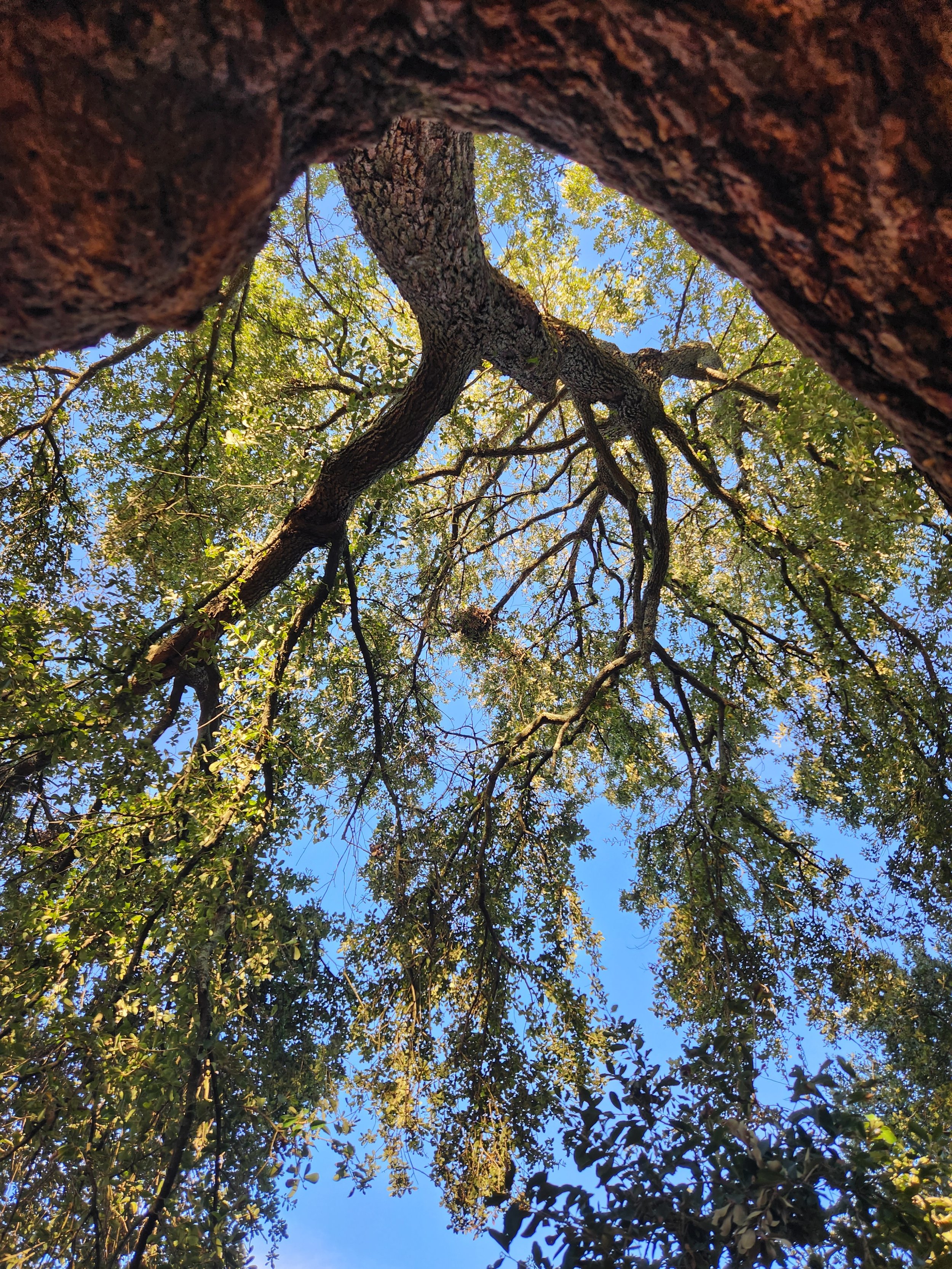
You live in an infinite universe of possibility. There is support available for you- even if it feels absent in your life now.
You are here to reclaim your moment,
your power,
your dream for
your life.
Let me help you connect to the love, confidence, and possibility that is for you.
What You can Expect to Feel.
-

Grounding Peace
When you are grounded, you feel calm, you feel secure, you feel steady. Like a tree with deep, strong roots, every session begins with feeling grounded and present.
-

Clear & Motivated
You will feel clear on what you want to do next AND have the words to keep yourself pumped up or focused on the outcome in case you waver in your decision. You truly and clearly understand now what was blocking you before your session with me. You are motivated and ready to take action.
-

Readiness
Finally you feel energized and confident about moving forward with this decision. You feel ready. You are confident & able to move forward, because you have a plan and feel good.
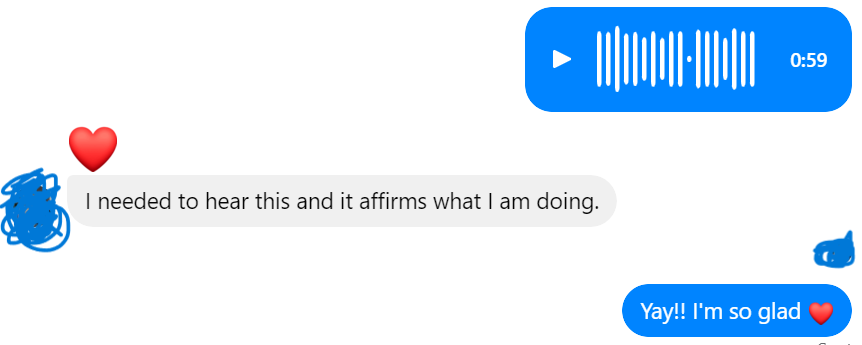










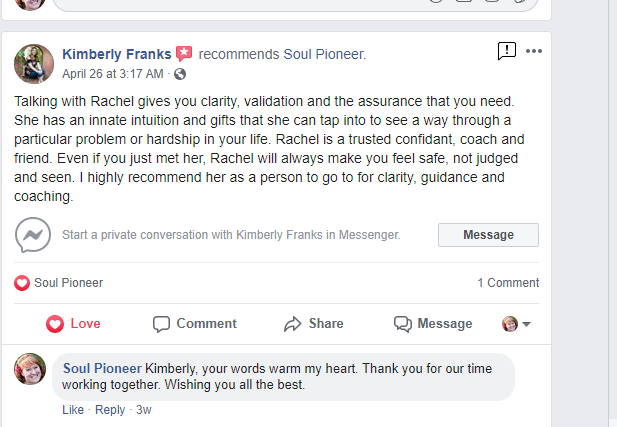
Welcome, from Rachel Strivelli, Intuitive Guide
What am I about and what you need to know.
Watch an intuitive session with a client:
Maybe you’re curious what happens in an intuitive session. Its not spooky or scary.
There is often some coaching involved.
Watch one video from the whole playlist of client sessions here.
Upcoming Workshops
Finding your Path through Pictures:
Intuitive Art Workshop.
Sat March 2nd from 10am-12pm.
Held at The Gathering Place in Saluda, NC. $30.
No art experience necessary. All art supplies and hot drink are included.
Sign up with the QR code to the right or
by emailing rachel (at) soulpioneer.com.


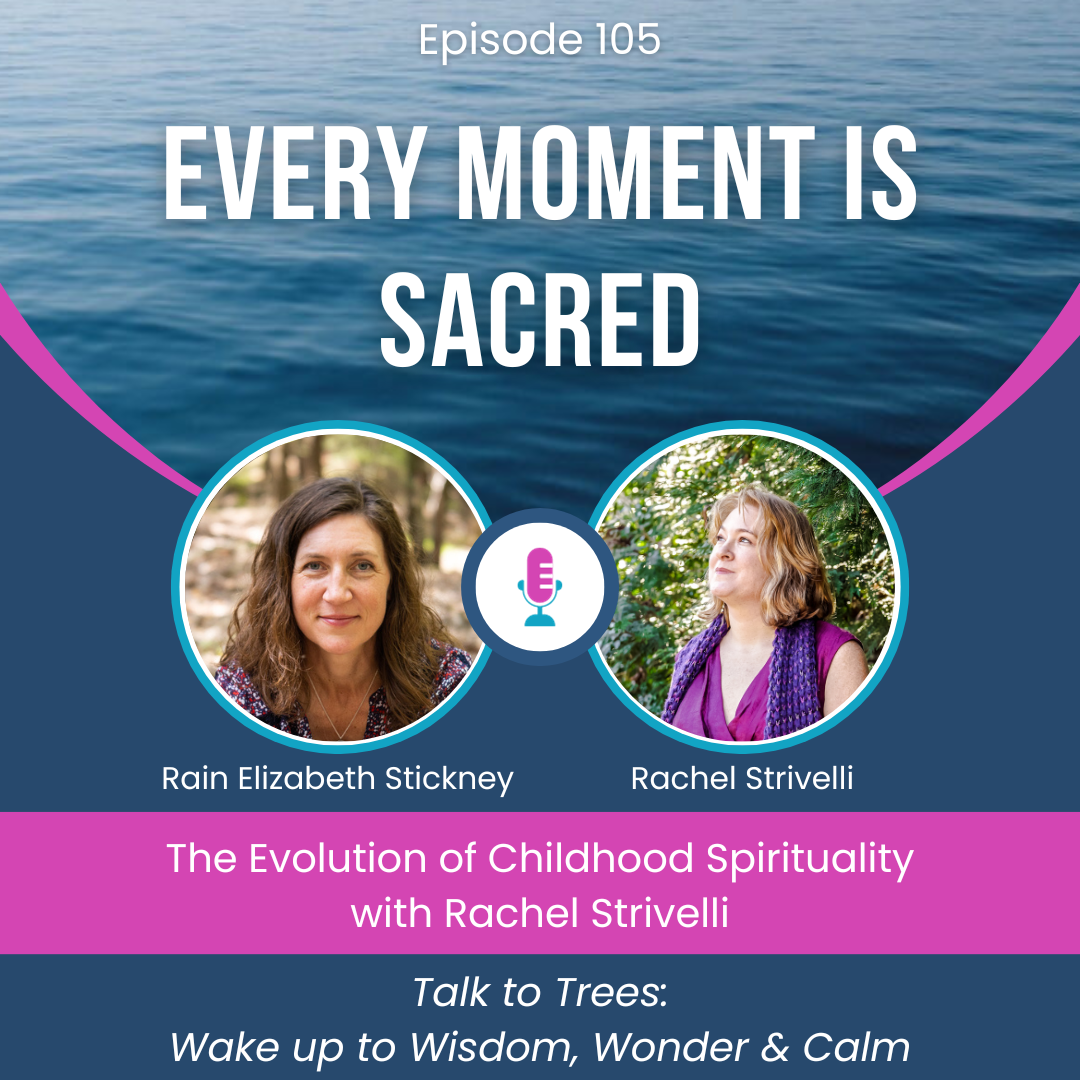

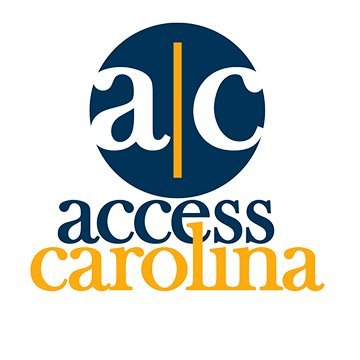





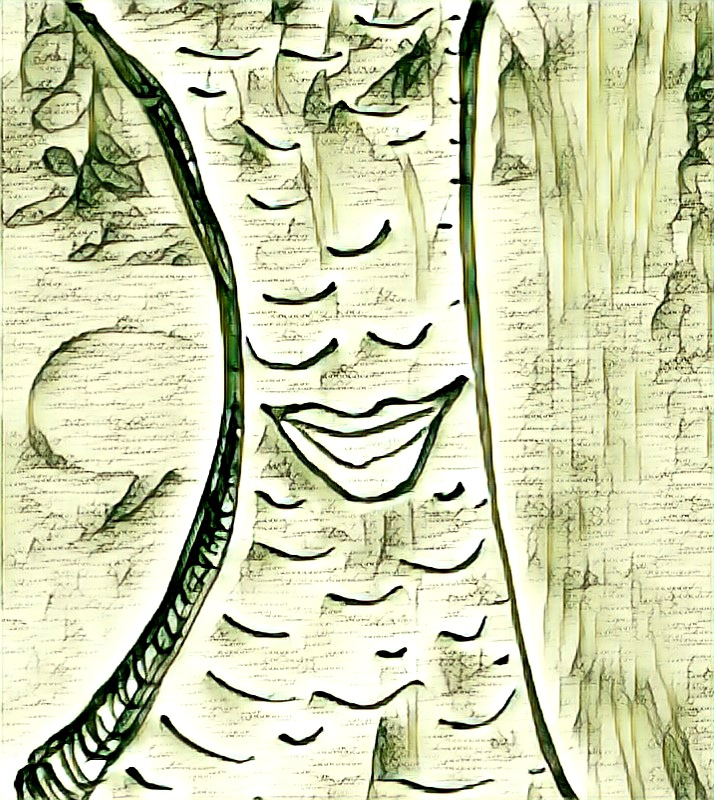
Newsletter
I’m here for you daily, weekly, and monthly. Daily on social media, but to keep connected in a calm way, join the community email for a weekly dose of inspiration and monthly free intuitive sessions! Be the first to know about events and exclusive offers by signing up for the newsletter today.

